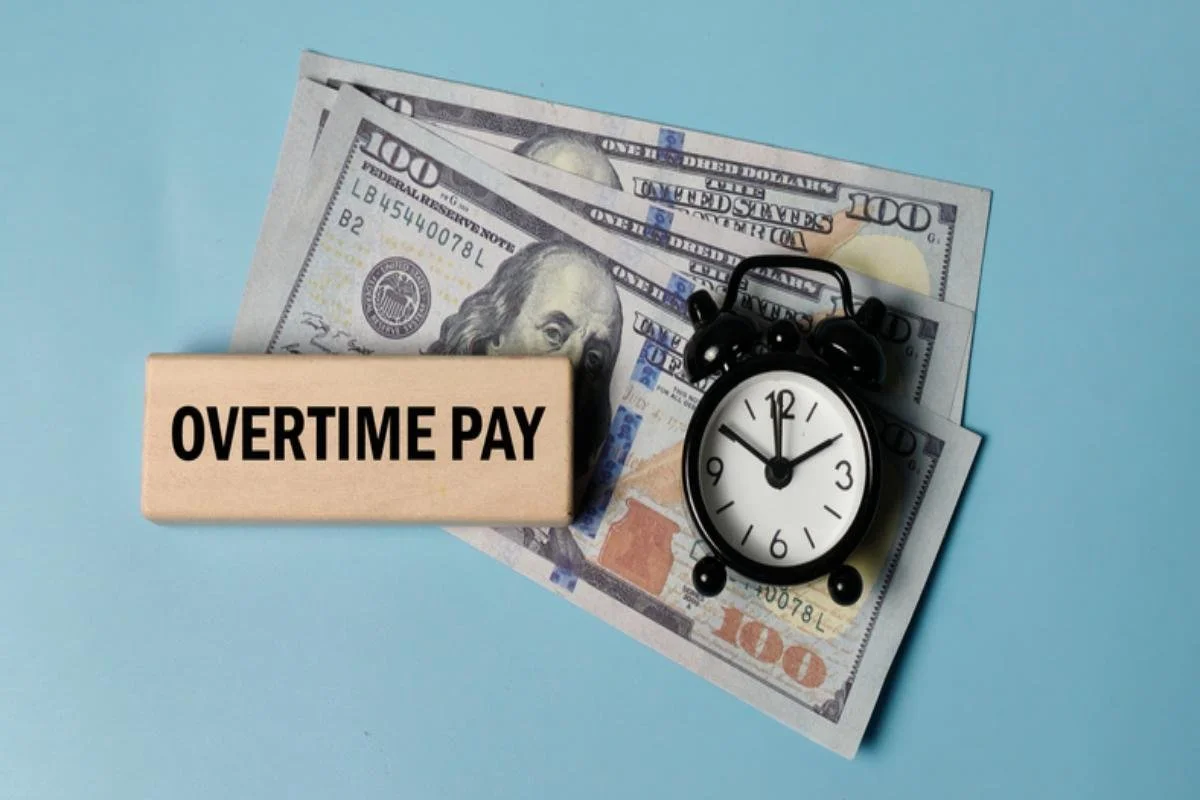Some Companies Are Responding to Worker Demands to Limit Arbitration
/In response to the social and political climate, some companies are already starting to limit arbitration on their own. Mounting pressure from employees as well as the general public after the #MeToo movement had several Silicon Valley tech giants altering their policy and no longer requiring workers to take their sexual harassment cases to arbitration. The first to make the change were Uber and Microsoft. Google and Facebook announced plans to follow suit not long after.
While the change is heading in the right direction, some employees are still unhappy with the state of affairs. They say the exclusion for sexual harassment claims is nowhere near enough. For example, Google experience major backlash after a recent article in the New York Times offered details about how the tech giant paid out millions in exit packages for male executives who were accused of sexual harassment, while staying silent about the actual harassment.
Anger over this situation only added to the already mounting frustration at Google over ethical and transparency issues. The tension built up to a walkout on November 1st. Over 20,000 Google employees and contractors walked off the job in protest of Google’s method of dealing with sexual harassment claims. Employees demanded that Google executives end forced arbitration for discrimination claims (including sexual harassment, racial discrimination and gender discrimination), amid other demands. The company agreed to some of the employee’s demands a week later, but only agreed to drop mandatory arbitration for claims of sexual harassment and assault.
Organizers of the walkout were glad that Google responded with some positive change, but were disappointed that they ignored completely the opportunity to address widespread racial and gender discrimination claims.
If you need to discuss discrimination or sexual harassment in the workplace, and you aren’t sure where to start, please get in touch with one of the experienced California employment law attorneys at Blumenthal Nordrehaug Bhowmik De Blouw LLP.






